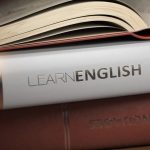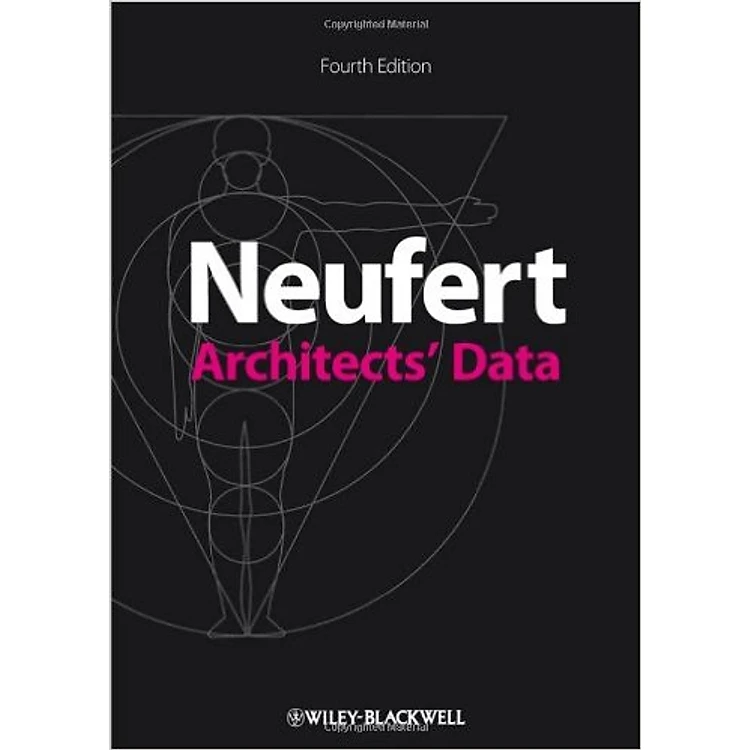Description
Thông tin chi tiết về Comparison Of Chinese And Western Literature
| SKU | 3732295960499 |
The purpose of writing this book is to help people better understand the cultural connotation of Chinese Literature and Chinese Literature behind through the comparison of traditional Chinese Literature and Western Literature.
Li Qingben originally from Laizhou, Shandong and born in 1965, PhD in literature. He is the Director of Research Institute of World Literature and Culture, Beijing Language and Culture University. He is professor and tutor of PhD candidates. His major works
Chapter I Rhythmic Subtlety vs Metrical Inspiration
——Comparison of Chinese and Western Poetry.
Section I. Secular Songs vs Religious Hymn: Difference in Subject Matter
Section II. Shifting vs Relative Stability: Comparison in Poetic Forms
Section III. Rich Techniques vs Predilection for Symbolism: Difference in Techniques
Section IV. Different View on War and Death: Difference in Values
Chapter II Abstract Ideation vs Vivid Description
——A Comparison of Chinese and Western Prose
Section I. Philosophical Strength vs Emotional Vigor: Comparison of Chinese and Western Prose
Section II. Fu and Dialogue Form Prose: Comparison of Specific Styles
Section III. Individualism vs Collectivism: Values reflected in Chinese and Western Essays
Section IV. Impact of Western Prose on Chinese Prose
Chapter III The Art of Alienation and Integration
——Comparison of Chinese and Western Drama
Section I. Singular in Time and Space: Different Origins of Chinese and Western Drama
Section II. Undiluted Tragedy vs Aesthetic Grief: Comparison of Dramatic Tragedies
Section III. Alienation vs Integration: Difference of the Relationships between Actors and Audience
Section IV. Exchanges and Assimilation
Chapter IV Versatility vs Relative Uniformity
——Comparison of Chinese and Western Fictions
Section I. Steady Development vs Catching up: Development of Chinese and Western Fictions
Section II. Direct Portrayal vs Indirect Rendering: The Psychology in Chinese and Western Fiction
Section III. Absence vs Awakening: Feminist Consciousness in Chinese and Western Fictions
Section IV. Chinese Fiction under the Influence of Western Ideas: Impact and Assimilations
Poetry is the expression of gallant and free or delicate and subtle feelings with very concise words. Some poems record the development of major events in the history of mankind, while some verse may be the lighthearted singing of an individuals passion. Since ancient times, poetry has appeared when it is needed, whether in the 5,000 years of splendid Chinese civilization, or in the long history of the West. The origins of human civilization are intimately related to mankinds struggle to gain sustenance. In the course of such activities, people would freely express their views without having to rely on written records, making poetry one of the oldest of all literary genres. Lu Xun once said in his work “The Outsider Talks” that the laborers chant of “haij you, haij you” was the earliest known poetry and humorously called it the “haij you, haij you” style. The origin of poetry was also closely related to religion and entertainment
Literature, in a strict sense, refers to “the art of beauty” or “the art of language”, including poetry, prose, drama, fiction, etc. However, the concept “literature” has gone through a complicated process of evolution in the course of history before it develops the meaning we usually refer to today.
In China, the word”文学”(literature) first appeared in The Analects of Confucius. The Analects of Confucius, Part-11 quotes the master as saying:
The translation reads:the students of Confucius had various abilities.The ones virtuous in principles and conduct were Yan-Yuan,Min Ziqian,Ran Boniu and Zhonggong.The ones who were good in rhetoric were ZaiWo and Zigong.The ones who had administrative talents were Ranyou and Jilu.The ones familiar with the ancient literature were Ziyou and Zixia.Here.”literature”refers generally to ancient classic literature,not including language and art works that have special aesthetic features involving the manifold factors of emotion,imagination and fabrication.The special aesthetic nature of literature at the time was the function of poetry.Confucius says.“The poetry serve to stimulate the mind.






















Reviews
Clear filtersThere are no reviews yet.